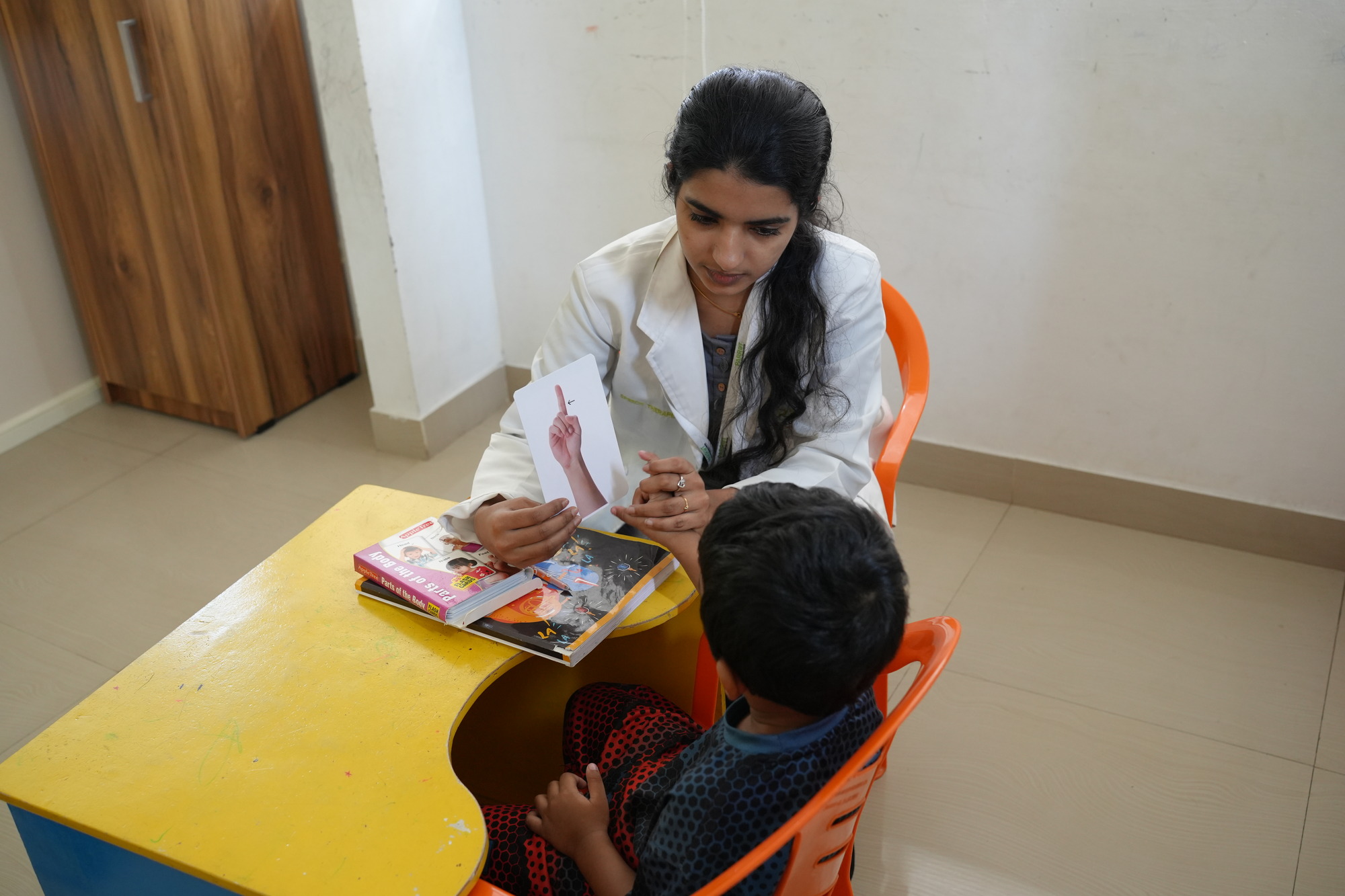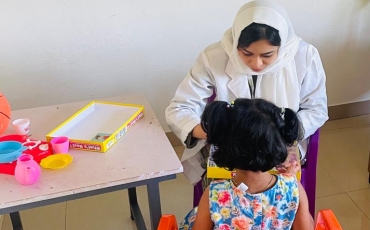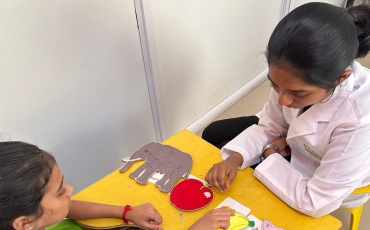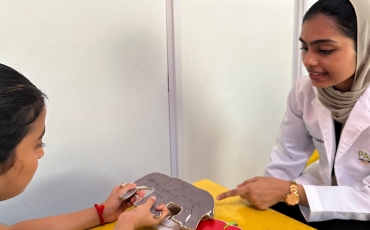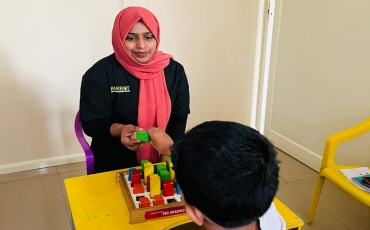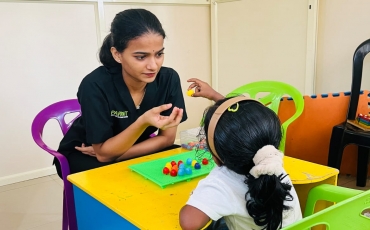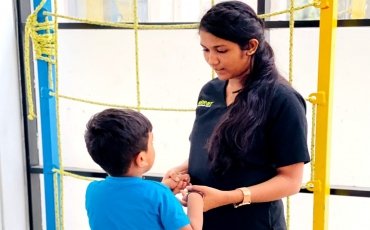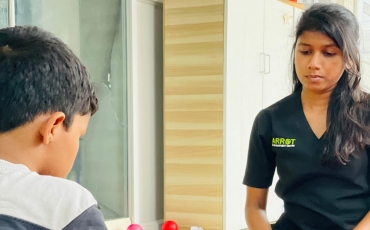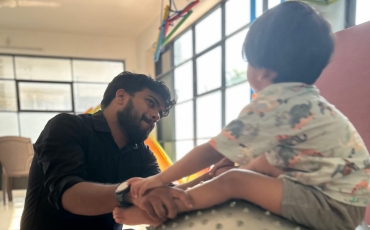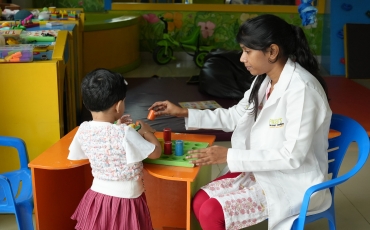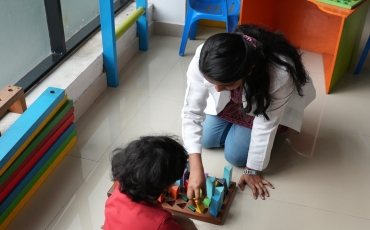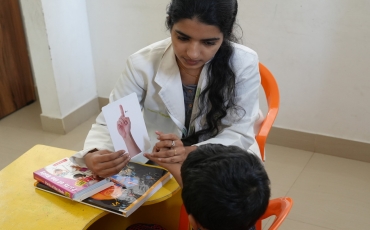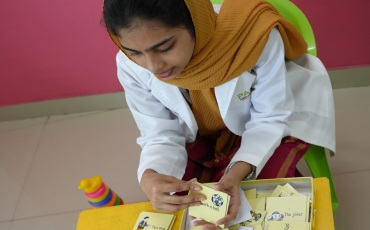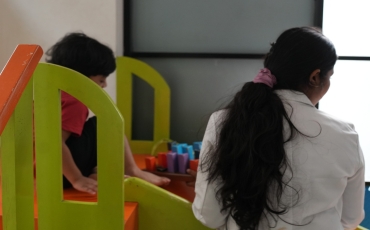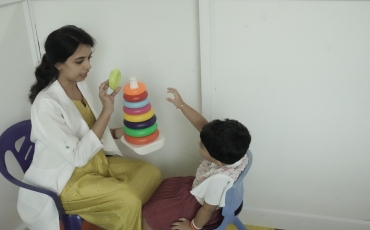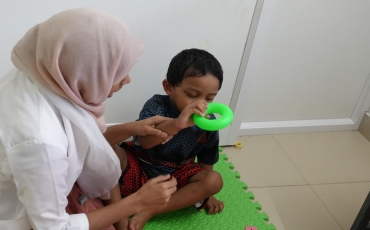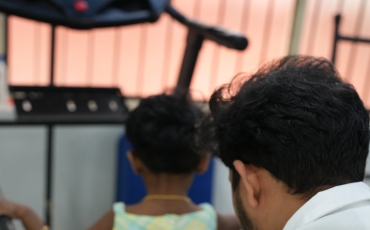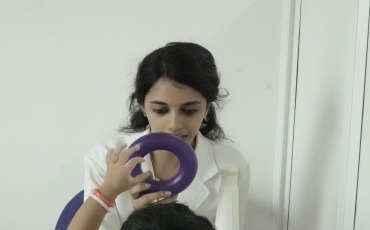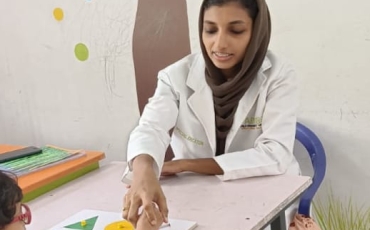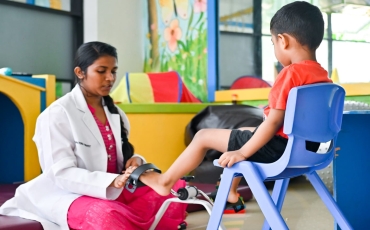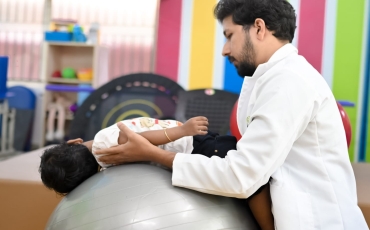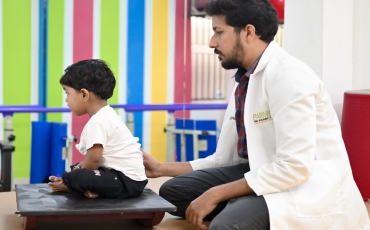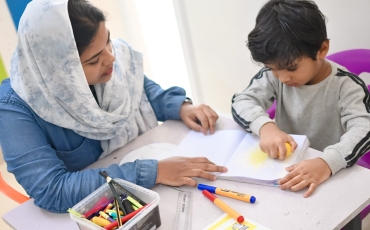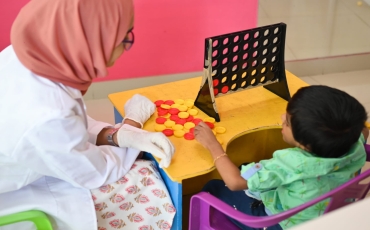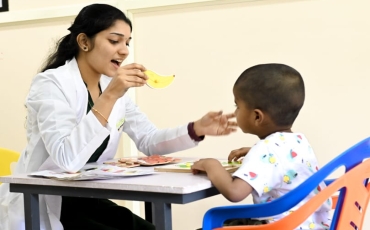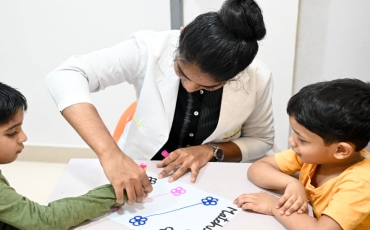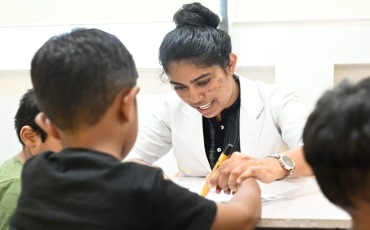Communication
Communication is the process of exchanging information, ideas, and feelings between individuals. It involves both verbal and nonverbal methods, such as speaking, listening, writing, reading, and body language. Effective communication helps us understand and be understood by others, fostering connections, relationships, and collaboration. It's an essential skill that allows us to express ourselves, share knowledge, and build meaningful connections with others.
Swiss automatic Replica Watches UK at affordable prices for men and women.
Perfect Quality replica watches uk
Speech and language play a crucial role in communication. Speech refers to the production of sounds and words, while language involves the use of words, grammar, and vocabulary to convey meaning. When we speak, we use our speech organs, such as the tongue, lips, and vocal cords, to produce sounds that form words and sentences. Language helps us organize and structure our thoughts and ideas, allowing us to express ourselves effectively. Together, speech and language enable us to communicate our thoughts, feelings, and intentions to others.
Speech and language therapy is a type of therapy that helps individuals improve their communication skills. It can assist with speech disorders, language delays, and difficulties with articulation, fluency, and voice. Therapists use various techniques to help individuals develop better communication skills. It's a fascinating field that can make a big difference in people's lives.In addition to helping with communication skills, speech and language therapy can also address swallowing difficulties, cognitive-communication disorders, and social communication challenges. It's a comprehensive approach that aims to improve overall communication abilities and enhance quality of life.
Speech disorders
Speech disorders, refer to difficulties in producing or articulating sounds, words, or sentences. These difficulties can manifest as stuttering, lisping, or difficulty pronouncing certain sounds. Speech problems can be caused by various factors, such as developmental delays, neurological conditions, or physical impairments. Speech therapy can help individuals overcome these challenges and improve their ability to communicate effectively. It's a specialized field that focuses on diagnosing and treating speech disorders to enhance communication skills.
Language impairments
Language impairments, are difficulties in understanding and using language effectively. They can affect various aspects of communication, including vocabulary, grammar, comprehension, and social interaction. Language disorders can be present from childhood or acquired later in life due to conditions like stroke or brain injury. Speech and language therapy can help individuals with language disorders improve their language skills, enhance communication abilities, and participate more fully in social and academic settings. It's a valuable field that supports individuals in developing and expressing their thoughts and ideas.
Voice disorders
Voice disorders are conditions that affect the quality, pitch, loudness, or resonance of a person's voice. They can result from various causes, such as vocal cord nodules, polyps, or paralysis, as well as misuse or overuse of the voice. Voice therapy, conducted by speech and language therapists, can help individuals improve vocal techniques, reduce strain, and restore vocal health. In some cases, medical intervention or surgical procedures may be necessary. It's important to take care of our voices, as they play a crucial role in communication and self-expression.
Swallowing disorders
Swallowing disorders, also known as dysphagia, refer to difficulties or abnormalities in the process of swallowing food, liquids, or saliva. This can occur due to various reasons, such as neurological conditions, muscle weakness, or structural abnormalities. Swallowing disorders can lead to choking, aspiration, or malnutrition if not properly managed. Speech and language therapists can assess and treat swallowing disorders through techniques such as swallowing exercises, diet modifications, and positioning strategies. The goal is to ensure safe and efficient swallowing to maintain proper nutrition and prevent complications.
In speech and language therapy, various treatments and techniques are used to address communication challenges. These may include:
1. Articulation therapy: Focuses on improving speech sound production and clarity.
2. Language intervention: Targets vocabulary, grammar, comprehension, and expressive language skills.
3. Fluency therapy: Helps individuals who stutter to improve their speech fluency.
4. Voice therapy: Aims to improve vocal quality, pitch, and resonance.
5. Swallowing therapy: Focuses on improving safe and efficient swallowing abilities.
6. Augmentative and alternative communication (AAC): Utilizes tools and strategies to support communication for individuals with limited speech.
These treatments are tailored to each individual's specific needs and goals, helping them enhance their communication abilities and overall quality of life.

